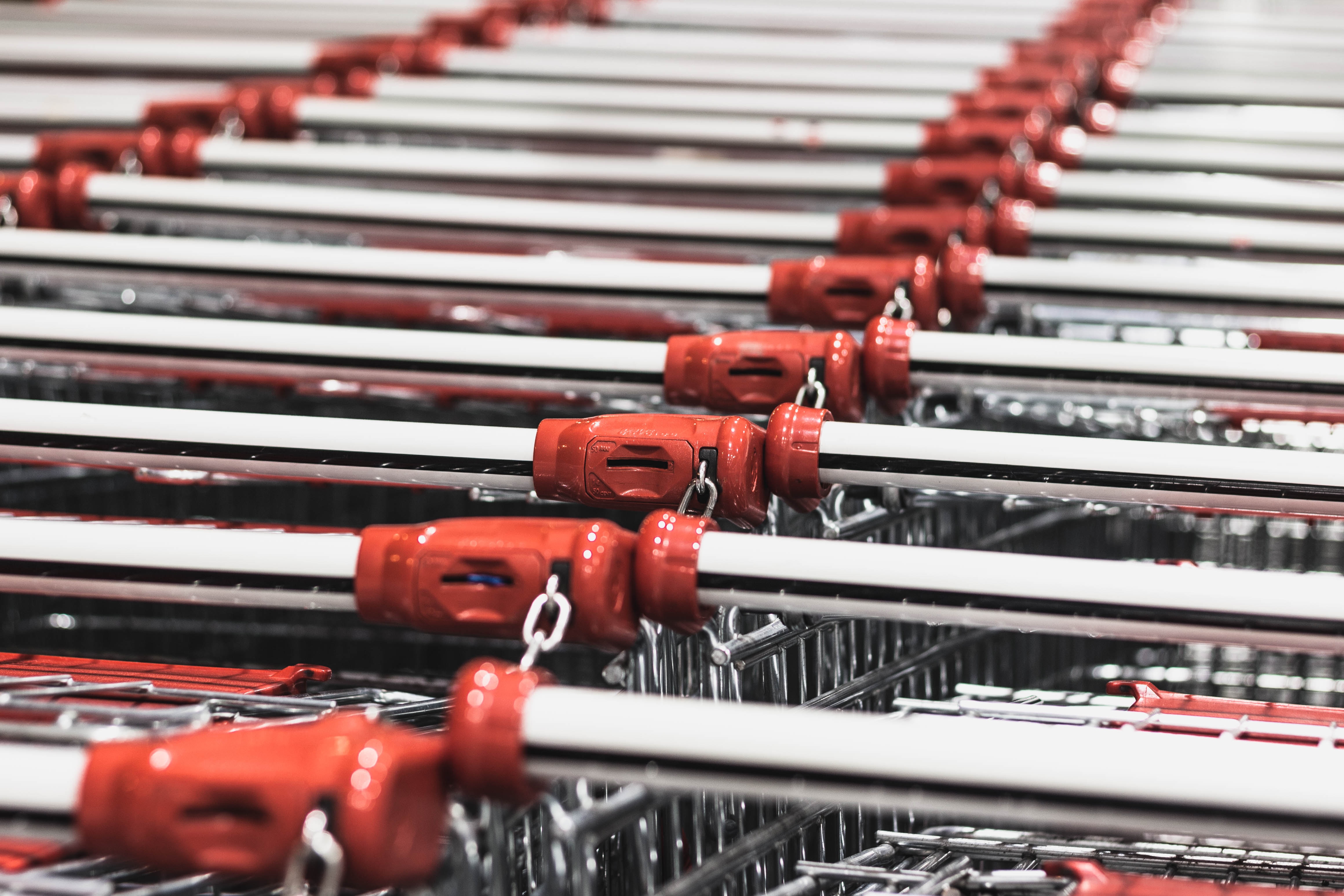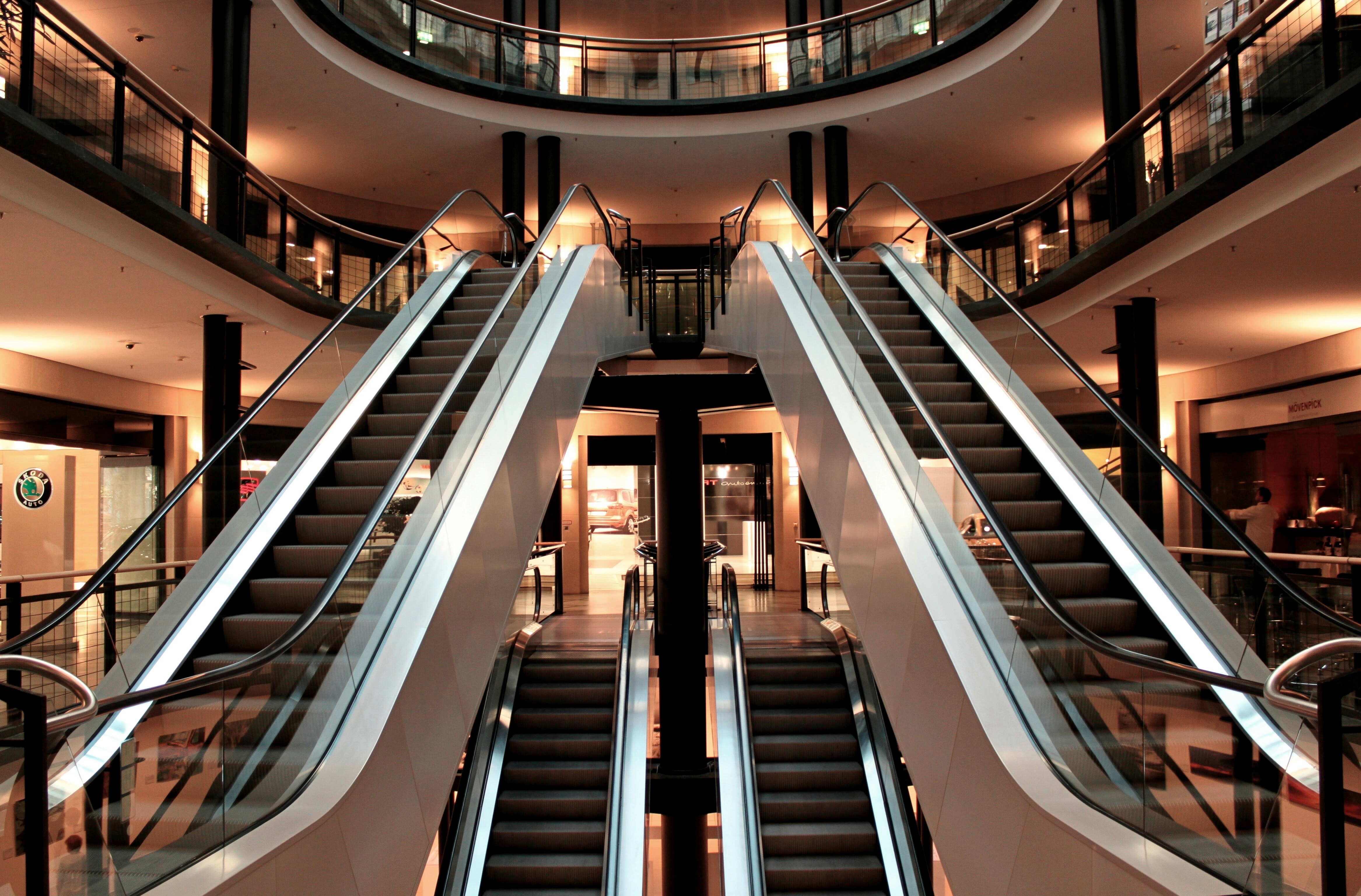Share this
by Laura Richards on March 24, 2025
The trendiest of the trendy are shopping in stores again. Gen Zs, Millennials and Europeans are yearning for an in-person experience and retail tenants are ready to provide it.
Physical retail stores are becoming more important than ever despite the convenience and constancy of online shopping. ICSC President and CEO Tom McGee has dubbed 2024 the “Year of the Store” as retailers double down on their brick-and-mortar investments. This renewed focus on physical locations reflects a broader shift in the industry.
Physical retail spaces are integral to engaging consumers, fostering brand loyalty and driving sales across channels.
Why physical retail Is thriving
Research from ICSC’s “The Halo Effect III” report found that physical stores directly influence online sales. When a new store opens, online sales in the area increase by 6.9%.
Conversely, digital sales in that region drop by 11.5% when a store closes. This crossover shows the power of a physical presence as a core part of retail strategy.
CoStar Group - the world leader in commercial real estate market data - echoes these sentiments in the Q2 2024 State of Retail report, "Demand for retail space has increased nearly 42 million square feet during the past 12 months and over 200 million square feet since the start of 2021."
Physical stores are essential for building consumer connections in ways that online channels cannot replicate. Shopping in-store allows customers to engage directly with products and experience the brand firsthand. This engagement leads to stronger brand loyalty. Many shoppers feel a deeper trust and connection to retailers with a nearby physical presence.
"Demand for retail space has increased nearly 42 million square feet during the past 12 months and over 200 million square feet since the start of 2021."
Retailers’ renewed commitment to physical stores
According to recent studies by the ICSC, two-thirds of retail executives are looking to expand their fleet of stores. The majority anticipate increases in foot traffic, in-store sales and dwell time over the next year. Brands are not letting economic uncertainties stop them. Instead, they are discovering the special advantages of having physical stores.
From an economic standpoint, the resilience of physical retail aligns with broader economic trends. While inflation and high interest rates remain concerns, job growth and rising wages have supported steady consumer spending.
Furthermore, retail vacancy rates have recently hit a 20-year low, reflecting high demand for well-located spaces. The scarcity of available retail properties has sparked a trend of creative solutions. Pop-up shops and small-format stores meet consumer demand while maximizing limited real estate.
The evolution of the in-store experience
It's not just the number of stores but the quality of the shopping experience is evolving. Today’s consumers want more than a place to buy products—they seek engaging, experience-driven environments.
Retailers and developers have embraced this shift, transforming stores into immersive spaces that entertain, educate and engage. Stores are evolving into multi-functional community hubs, often featuring non-traditional tenants like medical offices, personal services, and entertainment options. This blend of experiences brings people together. Like the malls of the 90s, this kind of retail creates a hub of activity that benefits all tenants and cultivates a strong community feel.
Retailers are also tapping into the power of the hybrid shopping experience, where online and in-store channels are woven together. Many brands now offer in-store pickup, online ordering with in-store returns and digital kiosks.
These options make shopping more accessible and more flexible. Similar to how the post-pandemic workplace has changed commercial real estate. This omnichannel approach ensures that physical stores are not competing with online channels but complementing them, providing a seamless shopping journey for consumers.
How retail lease management software can help
Retail real estate teams need quick access to comprehensive insights, from evaluating site locations and managing rent rolls seamlessly to identifying savings in co-tenancy, tenant improvement allowances (TIA) and common area maintenance (CAM).
CoStar Real Estate Manager lease management software empowers you to analyze market trends—such as space availability, demographics, and forecasts—enhancing your portfolio decision-making. Additionally, it streamlines the tracking of co-tenancy, TIA and CAM for easy management.
You can track all changes to real estate and equipment leases with a unified view. You can also share data safely across teams.

Lease admin software will save retailers money
Maximize co-tenancy savings
Physical stores: a future-ready strategy
Physical stores remain a cornerstone of retail and real estate strategy as the landscape evolves. These stores offer unique value by creating brand experiences, connecting with the community and improving online and offline shopping.
The "Year of the Store" tells a story of growth and change. It highlights an industry that values face-to-face engagement. If consumers continue to value these in-person experiences, physical retail will remain a vital part of the shopping ecosystem — reinforcing that the future of retail is as hybrid as the workplace.
Share this
- Lease Accounting Software (90)
- ASC 842 (83)
- Accounting Teams (53)
- Lease Administration Software (27)
- Retail Tenants (16)
- Commercial Real Estate (14)
- Lease Management (13)
- Real Estate Teams (10)
- ESG (8)
- Market Data and Analytics (8)
- Success Stories (8)
- News and Media Coverage (5)
- Transaction Management Software (2)
- frs 102 (2)
- Customer Success (1)
- Office Tenants (1)
- December 2025 (1)
- September 2025 (1)
- July 2025 (2)
- June 2025 (4)
- May 2025 (2)
- April 2025 (2)
- March 2025 (6)
- February 2025 (3)
- January 2025 (4)
- December 2024 (1)
- October 2024 (4)
- September 2024 (2)
- August 2024 (4)
- July 2024 (3)
- June 2024 (3)
- May 2024 (4)
- April 2024 (1)
- February 2024 (1)
- December 2023 (4)
- November 2023 (6)
- October 2023 (4)
- September 2023 (2)
- August 2023 (2)
- July 2023 (3)
- May 2023 (2)
- March 2023 (1)
- February 2023 (3)
- January 2023 (1)
- December 2022 (3)
- November 2022 (4)
- October 2022 (4)
- September 2022 (1)
- August 2022 (4)
- June 2022 (1)
- May 2022 (4)
- April 2022 (8)
- March 2022 (3)
- February 2022 (1)
- January 2022 (2)
- November 2021 (2)
- October 2021 (2)
- September 2021 (3)
- August 2021 (15)
- July 2021 (3)
- June 2021 (1)
- May 2021 (1)
- April 2021 (3)
- March 2021 (1)
- January 2021 (1)
- December 2020 (3)
- November 2020 (1)
- October 2020 (2)
- September 2020 (2)
- August 2020 (3)
- July 2020 (2)
- June 2020 (3)
- May 2020 (1)
- April 2020 (1)
- March 2020 (1)
- February 2020 (1)
- December 2019 (1)
- October 2019 (1)
- September 2019 (2)
- August 2019 (3)
- July 2019 (2)
- April 2019 (69)
- October 2018 (1)
- August 2018 (1)
- July 2018 (1)
- June 2018 (1)
- May 2018 (1)
- April 2018 (2)
- March 2018 (3)
- February 2018 (2)
- December 2017 (1)
- August 2017 (3)
- June 2017 (2)
- May 2017 (2)
- April 2017 (1)
- March 2017 (2)
- January 2017 (2)
- November 2016 (2)
- July 2016 (1)
- June 2016 (1)
- July 2015 (1)
- March 2015 (1)
- June 2014 (1)
- April 2014 (11)
- October 2011 (1)
You May Also Like
These Related Stories

Report: Retail Real Estate is in Hot Demand

Retail Tenants Increase Profit by Aligning CRE Operations & Objectives





